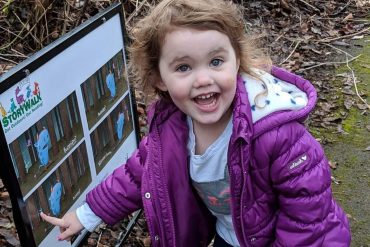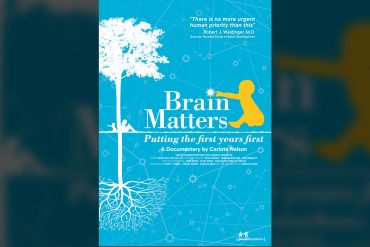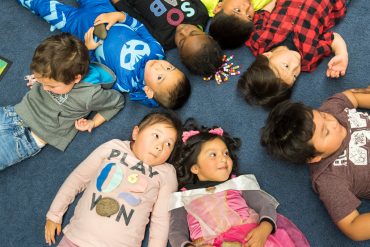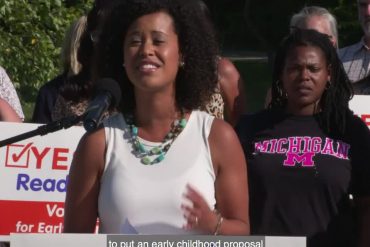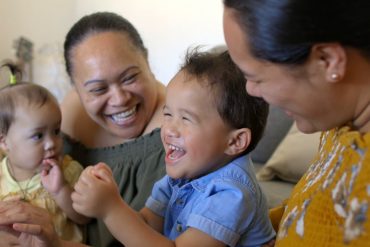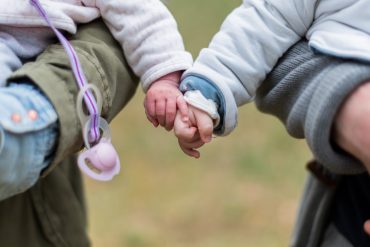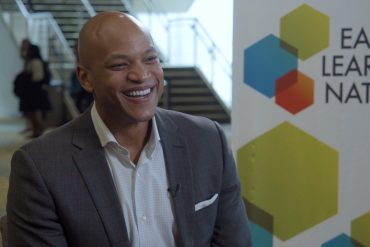The building block has been such a fact of American childhood for so long, it’s easy to dismiss the humble...
“What some may see as a gap,” says Jovanna Archuleta, “that’s not necessarily a gap. We can learn a lot...
Getting a child outdoors to embrace literacy, art and the great outdoors is simple: All you need is a cordless...
Brain Matters Documentary Attracts Global Interest
Behind the Scenes with Director Carlota Nelson
Prioritizing early childhood development, says documentary filmmaker Carlota Nelson, “Is a no-brainer,” before adding, “No pun intended.” Born in Tokyo...
The American Rescue Plan signed by President Joe Biden on March 12 contains a number of potentially game-changing policies for...
Not everyone who comes to America is pursuing the American Dream. Some are in flight from life-threatening crises. Layered on...
When some of us think about meditation, our thoughts lean toward the sound of a softly gurgling fountain, a gentle...
Last November, voters in and around Grand Rapids, Michigan’s second-largest city (population 200,000), made Kent County the first county in Michigan to approve a referendum that raises property taxes specifically for early childhood.
Early Learning Nation magazine asked some of our favorite people, What’s one thing our readers can do to make the...
The request might not show up on any baby-shower wish list, but the gift practically every new parent wants most...
Language evolves. What was once a just-right phrase that fit a situation like a glove can, in time, become constraining...
Want to fight poverty? Robin Hood CEO Wes Moore – bestselling author, Army combat veteran, social entrepreneur – explains why improving education is an excellent place to start. Filmed for Early Learning Nation’s Mobile Studio at the Society for Research in Child Development’s biennial meeting in Baltimore, MD, on March 22, 2019. #SRCD19




